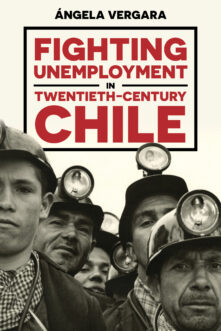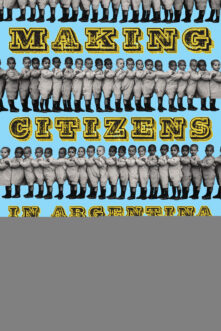History / Latin America / South America
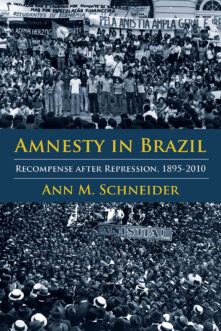

Amnesty in Brazil
Recompense after Repression, 1895-2010
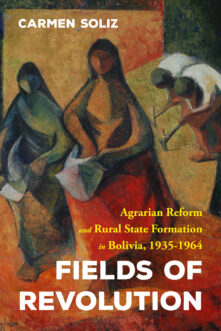

Fields of Revolution
Agrarian Reform and Rural State Formation in Bolivia, 1935-1964
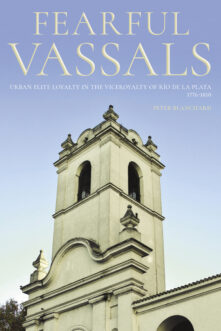

Fearful Vassals
Urban Elite Loyalty in the Viceroyalty of Río de la Plata, 1776-1810
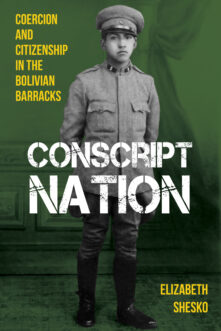

Conscript Nation
Coercion and Citizenship in the Bolivian Barracks
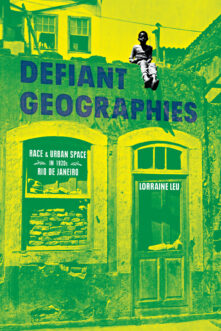

Defiant Geographies
Race and Urban Space in 1920s Rio de Janeiro
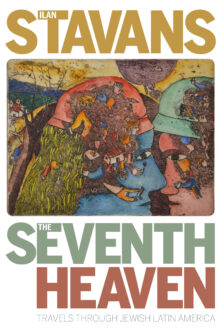

The Seventh Heaven
Travels through Jewish Latin America
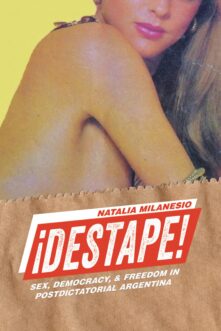

Destape
Sex, Democracy, and Freedom in Postdictatorial Argentina
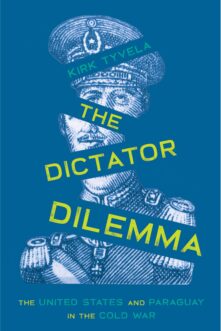

The Dictator Dilemma
The United States and Paraguay in the Cold War
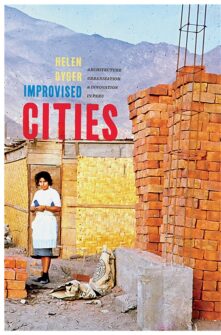

Improvised Cities
Architecture, Urbanization, and Innovation in Peru
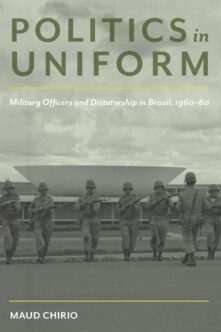

Politics in Uniform
Military Officers and Dictatorship in Brazil, 1960-80


Portraits in the Andes
Photography and Agency, 1900-1950
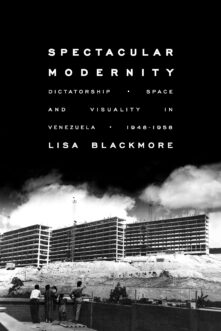

Spectacular Modernity
Dictatorship, Space, and Visuality in Venezuela, 1948-1958
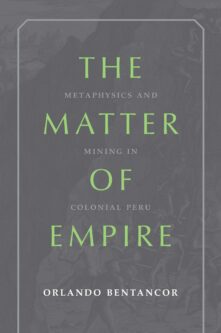

The Matter of Empire
Metaphysics and Mining in Colonial Peru
Total 67 results found.


